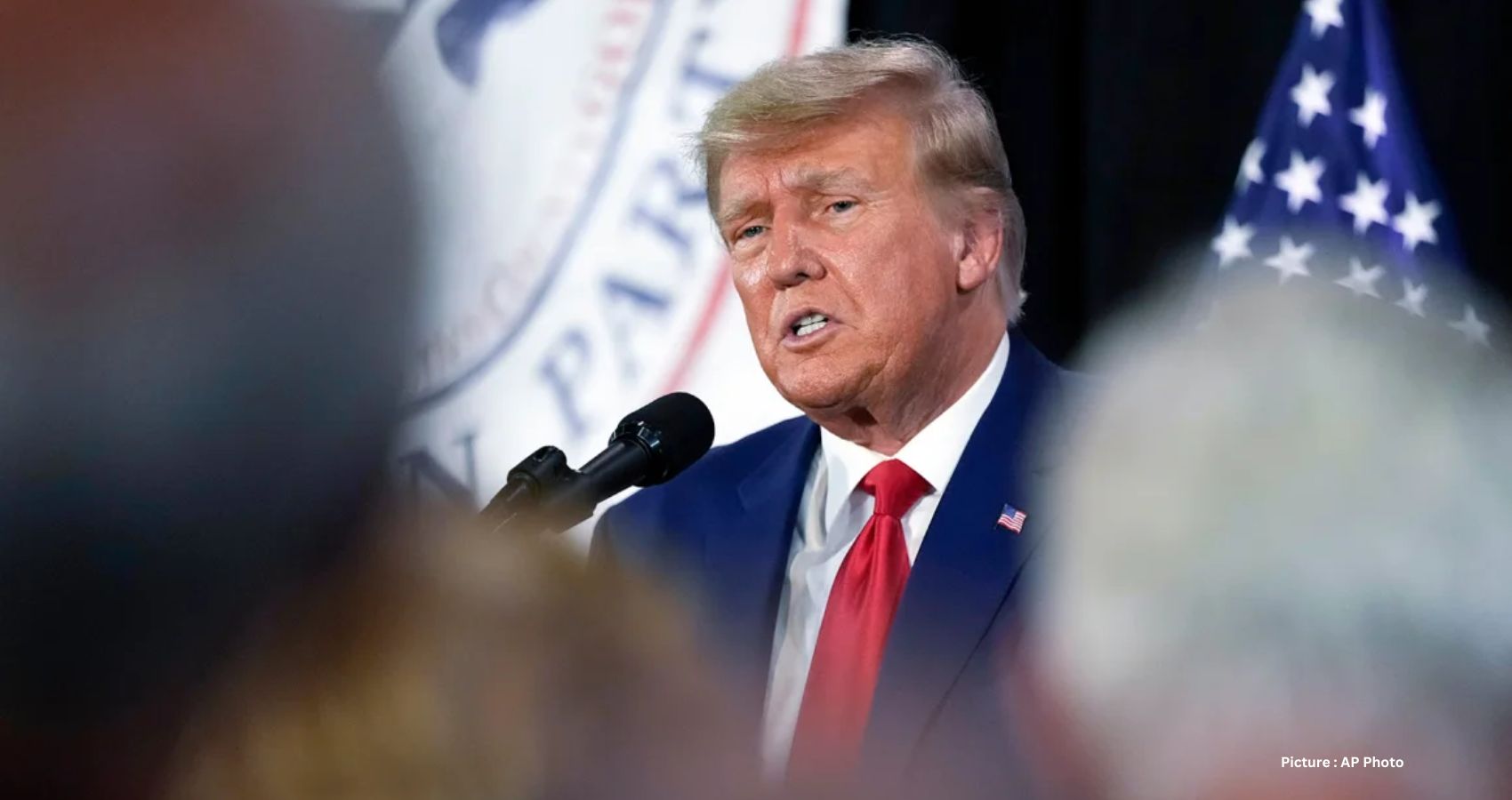Former President Donald Trump presented his case to the Supreme Court on Tuesday, warning of potential vulnerabilities for future presidents if the court did not adopt his expansive view of immunity against charges brought forth by special counsel Jack Smith regarding election subversion. Trump argued that failure to accept his stance could open the door to “de facto blackmail and extortion while in office.” However, he also proposed an alternative route to the justices, suggesting a delay in the trial until after the upcoming November election, aligning with his political objectives.
In his latest Supreme Court brief, Trump emphasized the importance of presidential immunity, drawing attention to statements made by Justice Brett Kavanaugh before his nomination to the bench, seemingly appealing to Kavanaugh’s past viewpoints. With oral arguments scheduled for April 25, Trump’s legal team is vigorously advocating for his immunity stance, aiming to avoid immediate legal proceedings.
Should the Supreme Court be unwilling to grant full immunity, Trump urged them to remand the case to lower courts for further consideration, potentially prolonging the trial for several months. This alternative route could offer a compromise for the conservative majority of the court, providing a means to delay without endorsing a blanket immunity for former presidents.
The brief underscored the uncharted legal territory the court faces and the significant implications its decision will have for future presidents. Trump’s attorneys argued that denying immunity could set a precedent that threatens the integrity of the presidency itself, asserting, “That would be the end of the Presidency as we know it and would irreparably damage our Republic.”
Trump’s legal strategy also includes references to Kavanaugh’s past writings, particularly regarding the impact of criminal investigations on sitting presidents. While Kavanaugh’s previous statements focused on current presidents, Trump’s lawyers contend that the logic extends to former presidents awaiting potential investigations post-office.
Trump pointed out Kavanaugh’s observations on the inherently political nature of decisions regarding presidential prosecution, emphasizing that this principle applies even more strongly to a former president who is also a leading candidate in the upcoming election. By weaving Kavanaugh’s past experiences and opinions into his arguments, Trump seeks to bolster his case for immunity before the Supreme Court.

